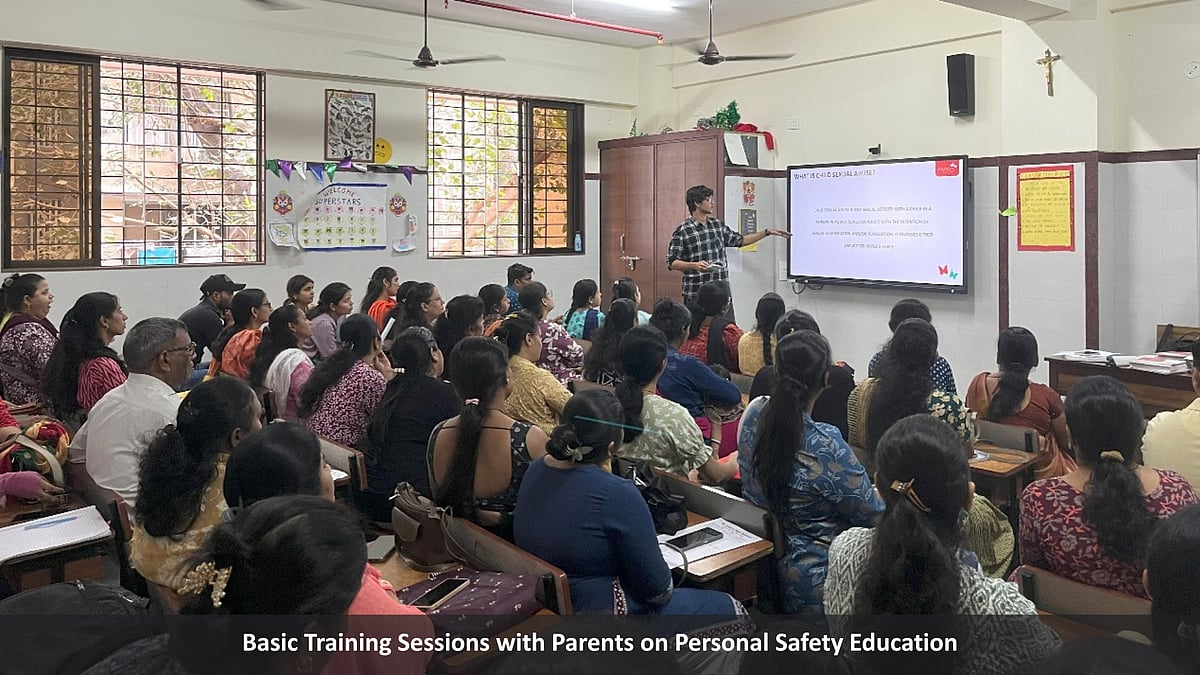In our day-to-day lives we often sympathise with someone who is dear to us, because we feel that with our sympathy that person may feel light and relaxed. However, showing sympathy is not empathy, because in simple words it is primarily feeling sorry for someone and nothing much. Whereas to empathise is to be sensitive to the feelings of the other without necessarily creating the same emotions within oneself.
Many of us have learnt to believe that we need to be in the same emotional state as the other person in order to recognise, understand, and help them through their emotional turmoil. But actually it is not so. Have you seen two crying people consoling each other? Not really! We need to understand that only when there is the absence of emotions like sadness, anger, and fear within ourselves can we be open, clear, and available enough to sense the emotions that the other person is creating and feeling in themselves. Only then can we extend ourselves as caring and compassionate. The primary skill needed to empathise with someone is ‘detachment’, which simply means that we just don't get sucked into the emotion of the other person, while at the same time staying engaged with him.
By doing so, put them into a comfort zone, which allows them to articulate the emotions that they are feeling within, and as they do so, they naturally detach from their emotions and return to the calm and strong centre of their self. However, it’s not easy to remain detached when others are upset, especially if they are really close. Because they expect us to be a part of their emotional journey, and if we don’t do so, they feel that we don’t care for them. It’s a tricky situation, but staying detached when others bring their emotions to us just means that we don't descend to their emotional state and add to their emotional disturbance.
nikunjji@gmail.com--www.brahmakumaris.com
The writer is a spiritual educator and popular columnist for publications across India, Nepal & UK. To date 9000+ Published Columns have been written by him.





